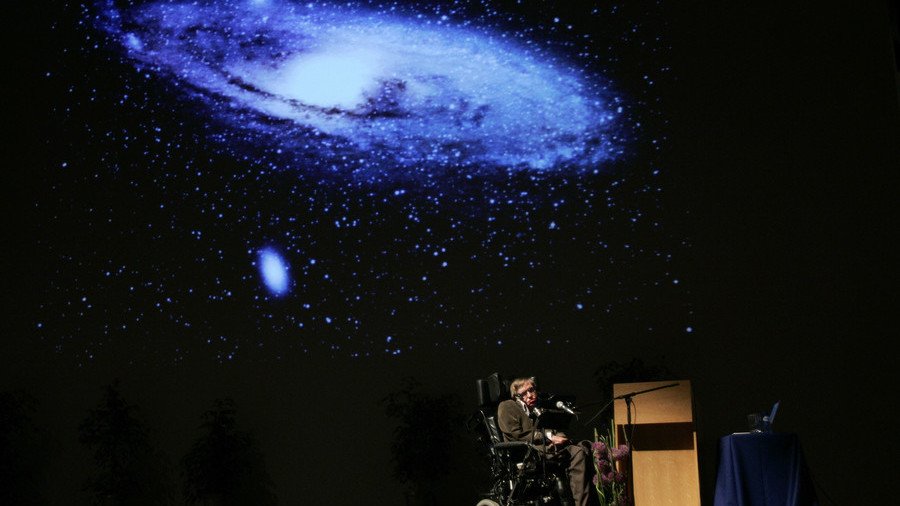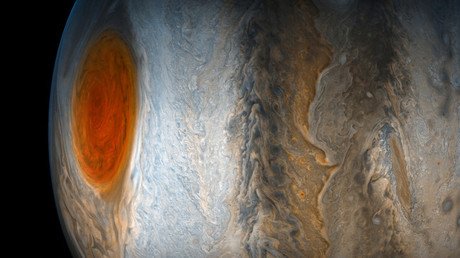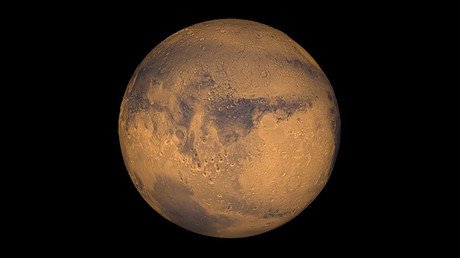Hawking predicts end of universe in his final work, leaves hint for unlocking parallel worlds

Physicist Stephen Hawking has reportedly left behind a final research paper that predicts how the universe will end. He also provides what he sees as the key to finding parallel universes.
The world-famous physicist died at his home in Cambridge earlier this week at the age of 76. He left behind a final scientific paper, which was reportedly completed on his deathbed, detailing how the universe could end.
Hawking predicts that our universe will eventually fade into blackness when stars run out of energy. The renowned physicist has previously theorized about the end of the Earth by estimating we have about 100 years left to “colonize another planet” before doomsday.
It also presents the theoretical basis for how a space probe could search the cosmos for evidence of a ‘multiverse’ – a theoretical multitude of universes that exist alongside our own.
READ MORE: Scientists find odd bright spots, could be another universe bumping into ours
“This was Stephen: to boldly go where Star Trek fears to tread,” Thomas Hertog, a professor of theoretical physics at KU Leuven University in Belgium and the paper’s co-author, told the Sunday Times. “He has often been nominated for the Nobel and should have won it. Now he never can.”
7 great quotes from stellar physicist Stephen Hawking https://t.co/vyoQrFye8jpic.twitter.com/rooR9iSrm5
— RT (@RT_com) March 14, 2018
The paper’s title, ‘A Smooth Exit from Eternal Inflation,’ refers to an element of Hawking’s ‘no-boundary’ theory, in which he proposed that our universe expanded from a tiny point after the Big Bang. His theory suggests the Big Bang that produced our universe was just one of an infinite number of Big Bangs, each producing their own universe.
READ MORE: Aliens, AI & escaping Earth: Stephen Hawking’s warnings for mankind
This infinity, according to Hertog, made the whole idea impossible to verify through experiments. The new paper aims to make the multiverse easier to grasp, turning it into “a testable scientific framework.” The research is now reportedly under review by a leading journal.
Hawking was considered a visionary in his field and made many startling predictions about the future of mankind, namely that humans could soon be replaced by artificial intelligence.
Hawking suffered from motor neurone disease since 1964. He was confined to a wheelchair for much of his life and was dependent on a computerized voice system to speak. His book, ‘A Brief History of Time,’ was published in 1988 and has since sold over 10 million copies.














